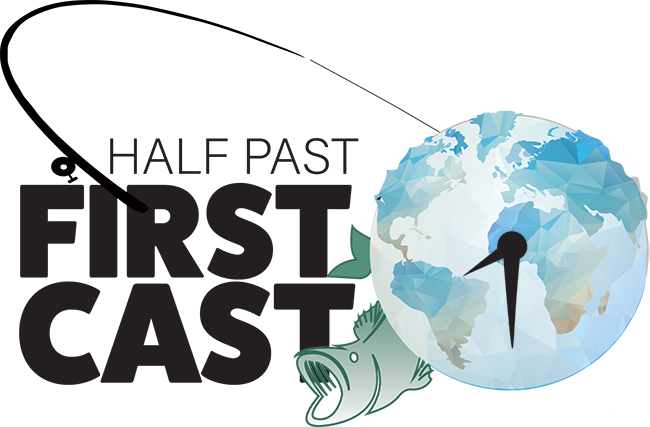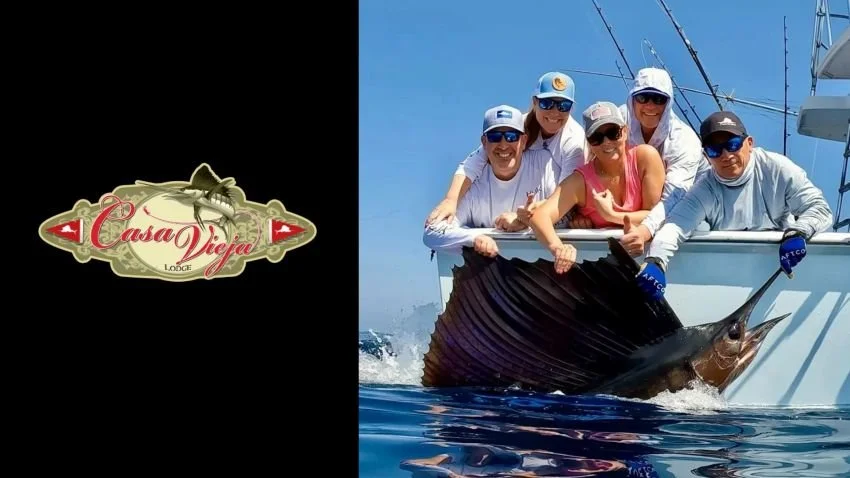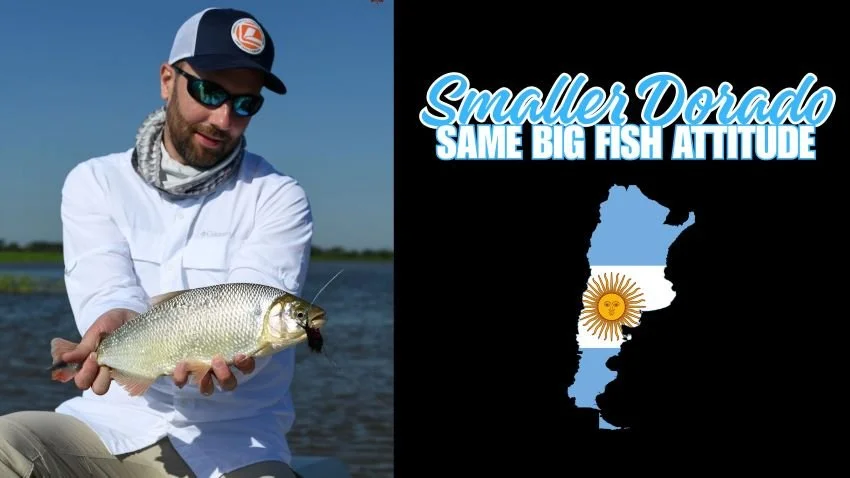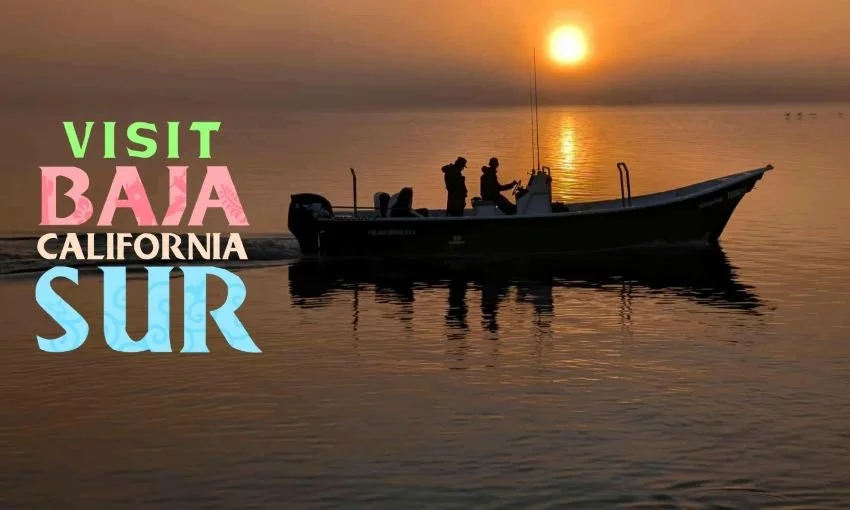Bass Tournament Lessons from Multi-Species Fishing Travel
I don’t fish tournaments anymore, but I realize that many if not most of the valuable lessons I learned about fishing came from my tournament years – mostly relating to preparation, learning and efficiency. For a variety of reasons, I’m unlikely to fish more than one or two local one-off derbies during the remainder of my life – as fishing travel scratches that itch nearly completely for me now – but I almost wish that I still had the urge. That’s because I truly believe that chasing tuna, trout and sailfish has reinforced some of the most important lessons of competing.
That’s a good reason to travel if you’re an obsessed tournament angler, and in this case by “travel” I don’t mean just head to Okeechobee or El Salto or the Cal Delta. I mean trying something outside of your comfort zone, outside of your area of expertise. It’ll help you gain perspective on the critical lessons that will improve your tournament success.
I previously wrote about lessons from tournament fishing that help me on my travels. Today I’m going to flip things around and offer up some reasons why traveling will make you a better tournament angler. Here are three of my favorites.
“One More Fish“
When I was tournament fishing, I’d go back at the end of the season and hypothetically add a bare keeper (12”, 15”, or whatever the standard for the particular body of water) to every day, and then see how the standings would’ve adjusted. Then I’d do the same thing with an extra 3-pounder each day. It’s amazing how often one or the other would have jumped me way up, or even earned me post-season honors.
This lesson has been reinforced time and time again on our trips. On our first visit to Lake St. Clair, we threw giant lures for the better part of two days before I caught a last-gasp tiger musky. That took us from zero to hero in one cast. On a trip to Casa Vieja Lodge, we had zero fish at noon when Captain Nicho made a bold move and a long run to another area. We ended up catching 10 sailfish in our remaining time. You can’t always turn a bad day into a great one, but the difference between zero and even one or two fish is monstrous.
“You Can Work Alone Or You Can Work Together”
I didn’t fish many team tournaments, preferring draw tournaments or at least situations where I was competing by and for myself. I realized early on that in order for both of you to have your best days, you have to focus on the fish, not on fighting off each other. For example, casting aggressively toward the front or back of the boat hinders the other person and if you’re running the trolling motor you’ll sometimes end up trying to position the boat to protect against the other person rather than to maximize your casting angles.
When you’re not competing against each the other person or people in the boat, however, you can truly try to work together. That may include using complementary or contrasting lures to generate bites or test the preferences of the fish. It might be in the bait and switch on a sailfish boat, where the person who baits the fish is actually just as successful (if not more, in some respects) than the one who fights the fish. It could be as simple as when there are three or four of you on a tuna boat planning where you’ll cast and in which direction when you get to the foamers. Now when I get in a bass boat I’m more likely to think about these things than I was a decade ago, and that’s due to these new experiences.
“You Can’t Choose Your Days”
The guiding principle of my travel schedule is to “be on the best waters, at the best times,” whenever possible. Still, once you’ve plunked down your deposit, bought your air tickets, and made the trip, you have to deal with the current conditions. The same is true for tournament fishing – once the schedule is set prior to the season, there’s not much opportunity or discretion to change it. You get what you get. Tournament organizations want everyone to catch fish, but they have to deal with what’s available. They can’t turn the Ohio River into OH Ivie, and they can’t make dog crap conditions on Ivie suddenly clear up. Judge your day, to paraphrase John Wooden, not by what you caught, but by what you should have caught given the conditions and the opportunities presented to you.
We’ve gone to El Salto when the bite is “off” but we stay fired up by knowing that not far away there swims a double digit…or several of them. We experienced rough conditions in Panama for a couple of days, and refocused from chasing the roaming tuna to focusing on the species living in more protected waters. Once you stop bitching about the poor conditions and try to figure out how to overcome them, it becomes a much better experience. I try to learn something from every trip and focus on the successes – big and small – rather than the disappointments, although the latter can certainly serve as methods for learning. If you tournament fish, it’s ok to regularly keep your focus narrow, but you’ll be surprised at how much the occasional deviation into something different can jumpstart your appreciation and your performance.










